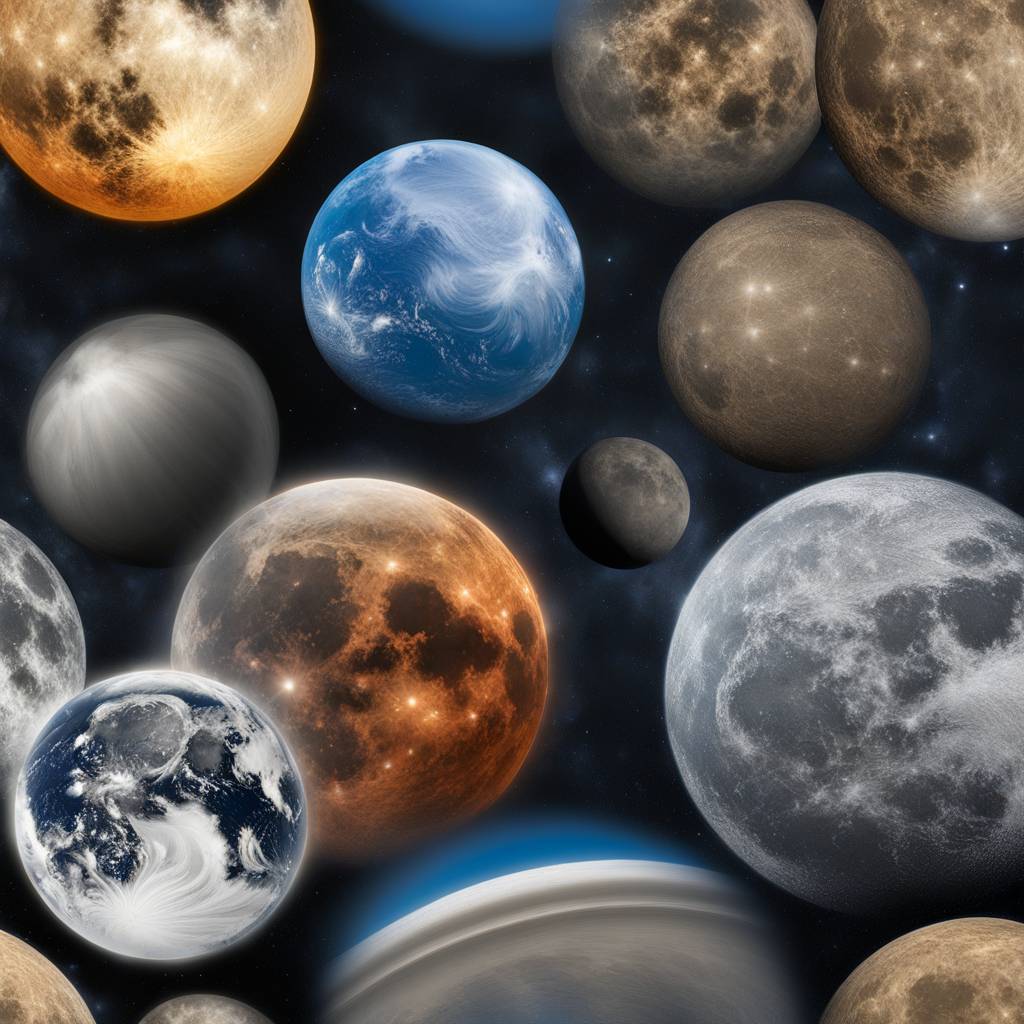NASA is seeking public assistance in its latest research project related to the 2024 solar eclipse set to occur in North America on April 8. The eclipse is expected to cause various disruptions on Earth, including changes in animal behavior. Previous solar eclipses have caused animals to react as if night suddenly falls, with birds ceasing to sing, crickets chirping, and bees returning to their hives. NASA is looking to gather data on these unusual animal behaviors through its Eclipse Soundscapes Project, which was initiated during the 2023 annular eclipse. This project aims to better understand the effects of eclipses on different ecosystems, as the impacts on plant and animal life are not fully understood.
As solar eclipses are rare events, with the next occurrence in the U.S. not expected for another 20 years, NASA is calling on the public to contribute to its Eclipse Soundscapes Project. Participants can fulfill various roles, from apprentices undergoing online training to observers, data collectors, data analysts, and facilitators. Data collectors will use a device called AudioMoth to record soundscape data during the eclipse, while observers will use their senses to gather information. By collecting multisensory observations, including audio recordings and written accounts of what is seen, heard, or felt during the eclipse, NASA hopes to understand how different ecosystems and wildlife are impacted by these celestial events.
The Eclipse Soundscapes Project is particularly interested in studying cricket behavior and aims to answer questions about how both nocturnal and diurnal animals alter their activity levels or vocalizations during a solar eclipse. NASA communications coordinator Kelsey Perrett highlighted the importance of gathering as much audio data as possible to answer these questions effectively. By involving participatory scientists and project partners, the project can span the entire eclipse path and collect a significant amount of data that would not be feasible for a small team to gather alone. Ultimately, NASA emphasizes that answering key science questions about how eclipses affect life on Earth depends on the data contributed by volunteers.
The original study on the impact of eclipses on animals dates back to 1935 and compiled personal observations from game wardens, naturalists, and the public. NASA’s Eclipse Soundscapes Project seeks to build upon this research using modern tools and technologies to study and understand animal and insect behavior during solar eclipses. With the support and involvement of interested members of the public, the project aims to expand upon previous studies to provide more insights into the effects of eclipses on various ecosystems. By recording and analyzing soundscape data during the 2024 solar eclipse, NASA hopes to gain a deeper understanding of the intricate interactions between celestial events and terrestrial life forms.
The public can participate in the Eclipse Soundscapes Project by completing online training to become apprentices and choosing roles such as observers, data collectors, data analysts, or facilitators. These roles are accompanied by training courses that prepare participants to collect and analyze data related to animal behavior during the solar eclipse. NASA encourages the public to contribute to citizen science efforts through the project, as the more data collected, the better the questions about the impact of eclipses on Earth can be answered. By focusing on multisensory observations and the collection of various types of data, the Eclipse Soundscapes Project aims to shed light on the intricate connections between natural phenomena like eclipses and the behavior of terrestrial life forms.
In closing, NASA’s Eclipse Soundscapes Project offers an opportunity for interested individuals to actively participate in scientific research related to the impact of solar eclipses on animals and ecosystems. By collecting and analyzing data on animal behavior during the upcoming 2024 solar eclipse, the project aims to enhance our understanding of how celestial events influence life on Earth. Through collaborative efforts between NASA, citizens, and project partners, the Eclipse Soundscapes Project seeks to build upon previous studies and provide valuable insights into the effects of solar eclipses on different ecosystems. Participatory scientists play a crucial role in gathering data and contributing to the project’s overall goal of unraveling the mysteries of how eclipses affect the behavior of plants and animals.













